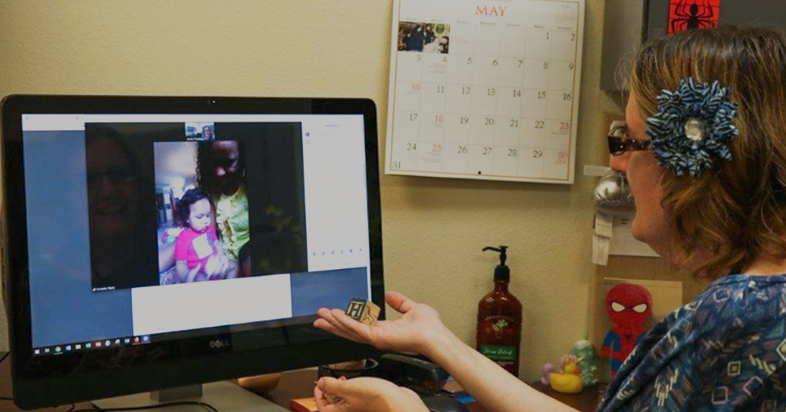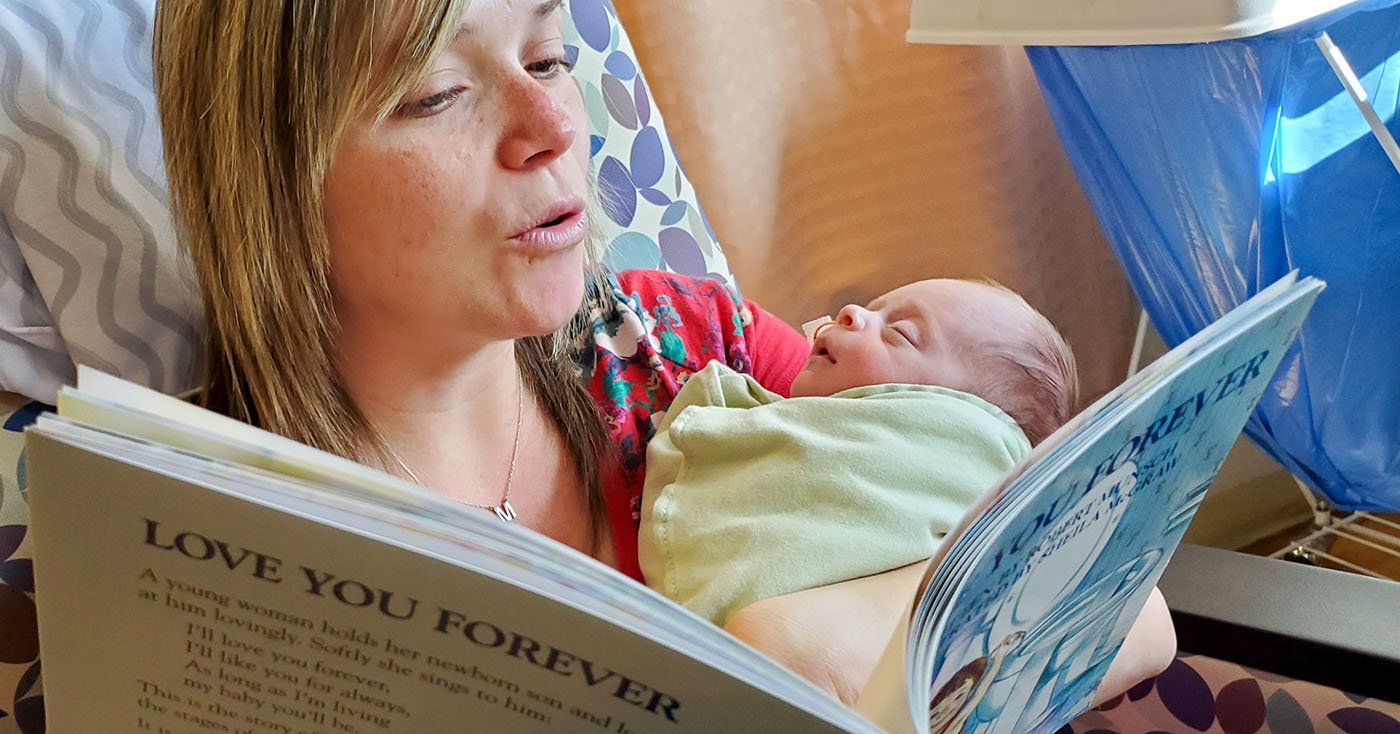
The health community is sounding the alarm on an unforeseen consequence of the COVID-19 pandemic: parents are skipping well-child checkups and the life-saving childhood immunizations that go with them.
The estimated 50% drop in vaccination orders, compared to the same time last year, is raising red flags that preventable diseases, such as measles, mumps and rubella that have been nearly eliminated through the effective use of vaccines, may soon surge.
First Things First is working with early childhood partners to urge families to keep their babies, toddlers and preschoolers on schedule for their immunizations.
“The risk comes in very young children who need to get their basic immunizations in the first 24 months of life,” said Debbie McCune, executive director of The Arizona Partnership for Immunization (TAPI). “As they fall behind, the risk for measles, whopping cough and other preventable diseases becomes greater.”
TAPI works statewide to fight the spread of vaccine-preventable diseases and their effects by raising awareness about immunizations.
It’s a concern shared by many in the health care community, especially members of the Arizona Chapter of the American Academy of Pediatrics (AzAAP), which recently kicked off a Back to the Office campaign to reassure parents that pediatrician offices are open, safe and ready to see children for their well-child checkups.
Community pediatrician Dr. Jason Vargas said his office has seen a dramatic drop in well-child visits since the COVID-19 pandemic began.
“Eighty to 90% of families were simply not bringing their children in,” said Vargas, who is president-elect of AzAAP. “There was a lack of information out there saying that it was ok to visit your pediatrician.”
His Glendale office staff has been calling families to let them that it’s safe to bring in their children for the well-child visits they may have missed.
Vargas said he understands the parental fear and reassures families that pediatrics offices are taking many precautions to keep their child safe in their offices.
Well-child checkups — which include the opportunity for pediatricians to complete developmental screenings and immunizations to prevent disease — are essential for the health of young children.
“We’re trying to help families navigate this new normal,” said FTF Senior Director for Children’s Health and Family Support Vincent Torres. He is part of a team of state agencies that meet frequently to look at challenges caused by the pandemic and the health impact it is having on families across Arizona.
“How do we educate families and build their understanding of the pandemic and how important it is that their child still receive well-child checkups?,” Torres said.
One way is to remind families that their child’s health care provider or pediatrician’s sole goal is to keep their child healthy, McCune said.
“Young children aren’t protected yet from many diseases. Infants rely on those boosters and they’re left vulnerable if they are taken off their immunization schedule.”
Falling behind on the vaccination schedule could eventually put more young children at risk and could even cause a vaccination shortage if medical offices are inundated at once with families bringing in their children for vaccinations.
McCune said it is difficult to predict in real time what the lower immunizations rates will mean.
“What we can do is observe what has happened in the past. When vaccine coverage rates slip below 95%, it’s easier for measles to spread,” she said. “As numbers slide downward, the protection in the community begins to erode. Instead of random cases of pertussis or measles, it can spread to children without the vaccine. We need to keep our protective shield up.”
McCune’s message to parents is simple.
“Trust your health care provider,” she said. “In time, there will be a vaccine for COVID-19, but it would be terrible if we don’t do what we can to keep young children up-to-date and protected from diseases that we can prevent.”





